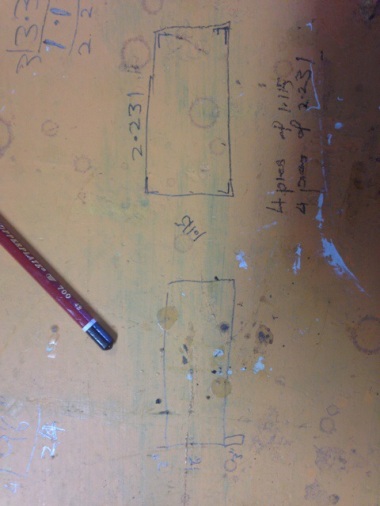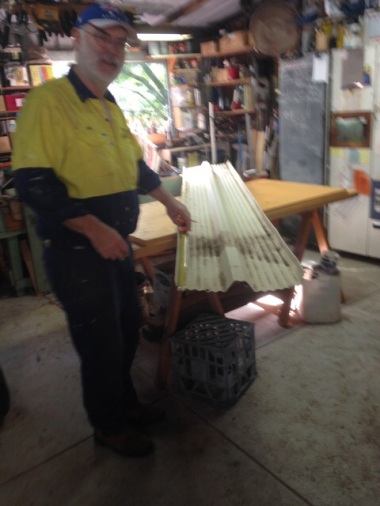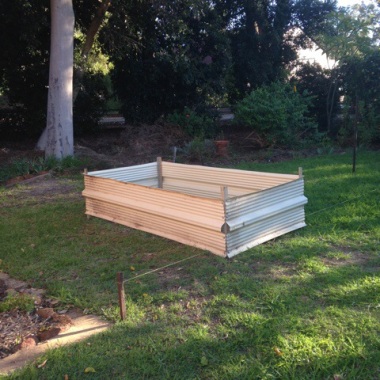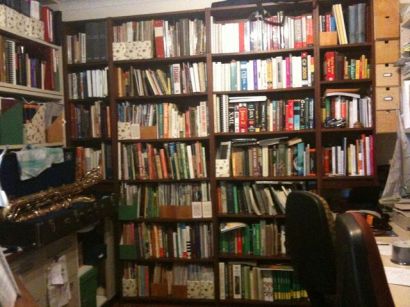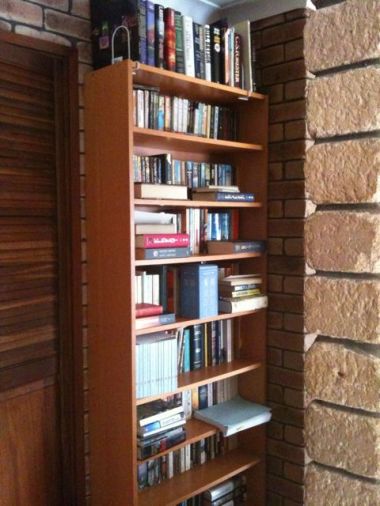Peta at Innovate asked me to comment on the “success” of Yammer at MPOW. I read her post last night and couldn’t comment then so I have had some time to think about it. So naturally my thoughts have expanded to the size of a post rather than a comment.
Firstly – how do you measure the “success” of something like Yammer in an organization? I am sure the KM people could point me to some resources and there would be usage criteria but we haven’t done the study – as far as I know.
Some stats- at the moment there are 836 members but this is rapidly shifting. The total size of the organization is 6500+ so proportionally there are not so many members. The first members joined up 15 July 2009. There are currently 11 internal groups and 4 “communities” that allow external collaborators to join.
This is not a library initiative. When I joined, just to see what it was about and after hearing about it on Twitter, I found about 50 people already there. No part of the organization had “ownership” until a little while ago. Yammer is free but paying as an organization gives some benefits. For example paying designates an administrator who can then remove individuals when they leave an organization or do some moderation on content. The cost was going to be prohibitive as it is per person in the organization. When the membership numbers started to grow the benefits of designating an administrator became evident and our “Communications” (marketing and web, social networking etc) people negotiated a better price. The manager of our web team is now the administrator.
As an observer of how people use social networks it has been interesting to watch. There was an influx when the Communications people advertised it as a forum in the weekly email newsletter a few months ago and there is a large influx happening at the moment. I suspect from the messages happening when people join up that the current influx is largely from the way Yammer invites participation and the way that it is presented rather that any deliberate actions. (“what do we do now”, “dunno- I just joined because you invited me”)
As with some other social sites when you sign up you are presented with an “Invite others” option. You need as organization email to join but anyone would know or can easily can look up their colleagues organization email address in our directories. Anyone invited to join or invite others to join any external social site thinks (I hope) twice. But apparently not with Yammer. And less so since paying has enabled the site to be branded as belonging to us. And as the invitations come from work colleagues. I know that there is not an awareness that Yammer is not actually running on our servers. There are reminders from time to time from our IT security expert. There were 650 odd pending invitations this morning which went up to 713 after an hour. Then down again slightly as some of those invitations were accepted. It’s going viral.
It’s apparent when the people join with experience on other sites. They start using it in more than just the basic way. For example starting communities or importing RSS feeds.
More stats-the most number of messages by an individual in the main feed is196. There are 26 people with 50+ messages in the main feed and a VERY long tail of those who have joined and never posted. People with the most messages are the early adopters and/or experienced social network participators and are mostly from our “Comms” team again. I was following a few on Twitter before I joined Yammer and have started following a few more since. It is not a small thing to my perception of the success of Yammer that our CEO is among the 26.
Beyond the stats are more of my perceptions. I have said that we are a large organization but we are also very dispersed- across 50 sites and three time zones- 5 in the daylight saving months. We are a research organization with a wide variety of disciplines. Communication between divisions has always been a problem. So when I see research scientists from 3 different sites and two different disciplines jointly discussing a post started by a librarian or a Comms person I count that as a success.
From a library point of view we haven’t had any direction to be involved but we have been encouraged by our team management to be and I see a growing number of us that are. We are using it to post interesting links and incorporating it into our current awareness service delivery but also responding to issues that fall into our area. For example someone complains in a general way about the institutional repository- we can respond- get in touch and hopefully help quickly. Someone recommends a book we can recommend our document delivery service to access it. Conversely if I need to find someone with the right expertise I can ask the “yammersphere” and usually get a quick answer.
There are some Yammer attributes that have helped uptake and success (in my humble opinion).
- Threaded conversations.
- email integration- many post from email and get their notifications in a daily digest
- As stated above- perception as a “safe” network. It has our corporate branding and the email integration.
A final thought. I follow everyone and get my notifications via a Firefox plug in and the iPhone app and there is an one tick box that allows that. For the library purposes above that is necessary. With the current uptake its going to get noisy. I have just started to see some links be repeatedly posted. It would be interesting to get some stats on actual use. How many have joined but never read any posts for example? Will the noise drive some people away? How many are using the desktop application?
